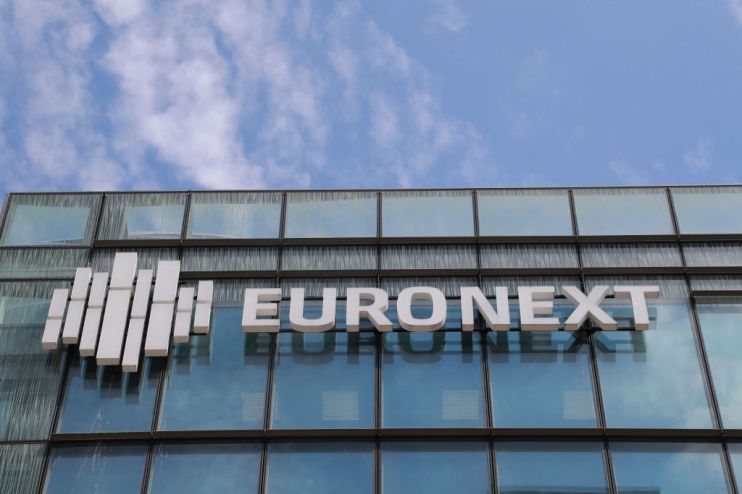Investment industry bodies urge Euronext to call time on long trading hours

Two investment industry bodies have called on Euronext to trim its trading day by 90 minutes, as the exchange’s consultation on cutting trading hours draws to a close.
The Association for Financial Markets in Europe (AFME) and the Investment Association (IA) today called on the pan-European exchange to cut its trading day to seven hours, from either 10am–5pm or 10.30am–5.30pm.
The groups, which together represent hundreds of major asset managers and investment groups across the UK and Europe, described Euronext’s trading hours as “outdated” and said a shortened session would boost liquidity.
“We need to call time on Europe’s outdated trading hours, which no longer reflect the reality of how markets function and hold back the creation of more inclusive workplaces,” said Galina Dimitrova, the IA’s director of capital markets.
Euronext — which operates six markets across the continent — launched a consultation on shortening its trading hours in February.
The London Stock Exchange (LSE) published the results of its own consultation earlier this month, which found strong support for cutting trading hours from the investment industry.
The LSE said that a “significant majority” of respondents thought a reduction of market hours “could lead to improvements in diversity and wellbeing”.
Before the Open newsletter: Start your day with the City View podcast and key market data
The bodies said that the current industry culture of long hours has an adverse impact on traders’ mental health and is a key obstacle to recruiting and retaining diverse talent.
Proponents of a shorting trading day argued that trimming hours could improve workplace culture and help improve diversity in what remains a male-dominated industry, as well as boosting liquidity in markets.
Euronext chief executive Stéphane Boujnah said in April that he was concerned a shorter trading session could end up harming liquidity within equity markets, but the IA and AFME said trimming hours would in fact boost liquidity.
Some 54 per cent of trading on Euronext currently takes place in the final two and a half hours of trading, nearly a quarter of which occurs during the five-minute closing auction, the bodies said.
“The Covid-19 crisis has shown us that different work patterns can be effective, and the case for reduced market hours has never been stronger,” said AFME managing director and head of equities April Day.
“I am pleased to see Euronext taking part in this debate, and I hope Europe will take the lead in reducing market hours to create more efficient markets and improve culture and diversity in our industry,” she said.